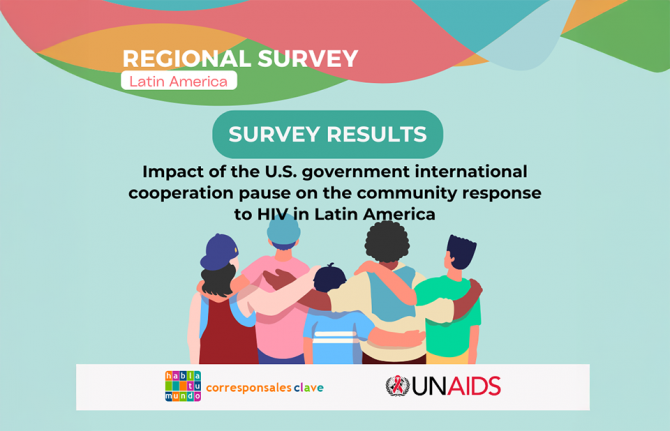
Feature Story
Ecuadorian government implements social protection policy for children living with HIV
03 October 2012
03 October 2012 03 October 2012
Ecuadorian children attending school
The government of Ecuador, under the leadership of President Rafael Correa, recently approved a new public policy aimed at the protection of children living with HIV. The new policy will also complement efforts to eliminate new HIV infections among children in the country.
The policy states a monthly distribution of a cash transfer, using public health structures, to the caregivers of children under the age of 14 living with HIV. The government estimates that in the first year, caregivers of 500 children will fulfill the criteria to receive the cash transfer.
Vice-President Lenin Moreno, who initiated the proposal of the new policy said: “With this programme we are setting a milestone for social protection in Latin America. The cash transfers give children living with HIV continued access to treatment, which will improve their health and ensure that they are able to move forward with their lives.”
The value of the grant is a monthly allocation of US$ 240 and it has to be used by caregivers in order to improve living conditions of the children, reversing malnutrition and expanding their access to education, health and HIV related services. The transfer is conditional to the children’s attendance to school and regular health check‐ups.
With this programme we are setting a milestone for social protection in Latin America. The cash transfers give children living with HIV continued access to treatment, which will improve their health and ensure that they are able to move forward with their lives
Vice-President of Ecuador, Lenin Moreno
“UNAIDS salutes this important initiative, which is a benchmark for other countries in the social protection of children and families affected by HIV," said César A. Núñez, UNAIDS Regional Director for Latin America.
The Ministry of Health and local hospitals together with community based organizations and civil society networks will identify eligible children, ensure proper coverage of HIV treatment and monitor the children’s regular attendance to health facilities. The Ministry of Social and Economic Inclusion (MIES) will oversee the implementation of the policy, together with the Council for Children and Adolescents—a government body specialized in children’s related affairs. Finally, the Vice-President’s Department of Social Services will supervise the children’s school attendance and, through home visits, will help guarantee the improvement of the children’s living conditions, both in their homes with their families and in a wider social context.
Information sessions are being organized by the Ministry of Health, jointly with the Vice-presidency to explain how the policy works for the children’s caregivers. Staff in health facilities is also being trained on how to implement the programme effectively. Guayaquil, one of the regions where the policy was introduced, recently hosted a meeting to provide information and training for health service coordinators and staff. “For the first time in Ecuador, health and the HIV response are linked to a social protection policy. It is a comprehensive approach for social care of children living with HIV, which includes health, nutrition, education and protection,” stresses Juan Vasconez, UNAIDS Country Coordinator for Ecuador.
Steady progress in access to HIV services
Ecuador is one of the Latin American countries which is showing steady progress in the scale up of antiretroviral treatment for people living with HIV as well as the provision of services to stop new HIV infections among children. In 2011, 67% of people living with HIV in need of HIV treatment were accessing it, compared to 39% in 2009. Furthermore, 85% of the resources needed to provide HIV treatment originates from national sources.

L to R: UNAIDS Country Coordinator for Ecuador, Juan Vasconez, UNAIDS Regional Director for Latin America, César A. Núñez, and Vice-President of Ecuador, Lenin Moreno.
In 2001, a health service policy was introduced to ensure that pregnant women living with HIV have access to pre- and post-natal check-ups and are able to give birth in a healthcare setting. Campaigns to encourage pregnant women to take an HIV test are carried out on a regular basis and have proven successful in recent years. In 2011, 279 064 pregnant women were tested (78% of all pregnant women). 684 of them were diagnosed as HIV positive. Of this group, 95% of pregnant women living with HIV received HIV treatment to prevent HIV infection to their children. In 2011, a registered 30 children were born with HIV in Ecuador.
“Such high political support at the presidential level for the elimination of new HIV infections among children in Ecuador is leading the country towards achieving the UNAIDS goal of zero new HIV infections among children by 2015,” highlighted Mr Vasconez.



